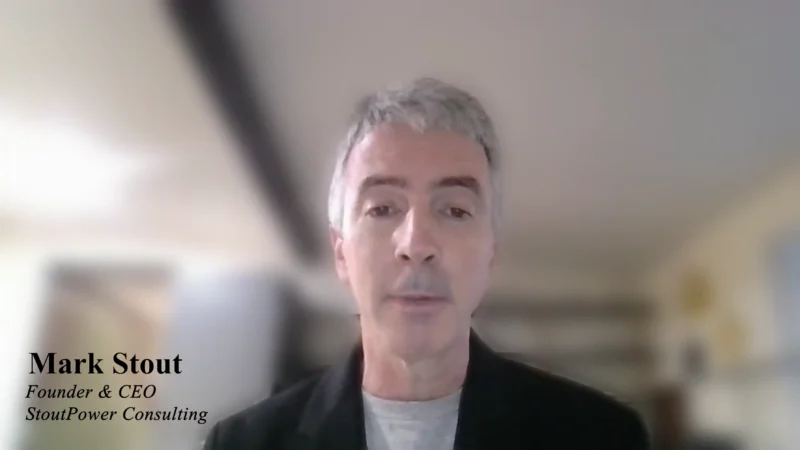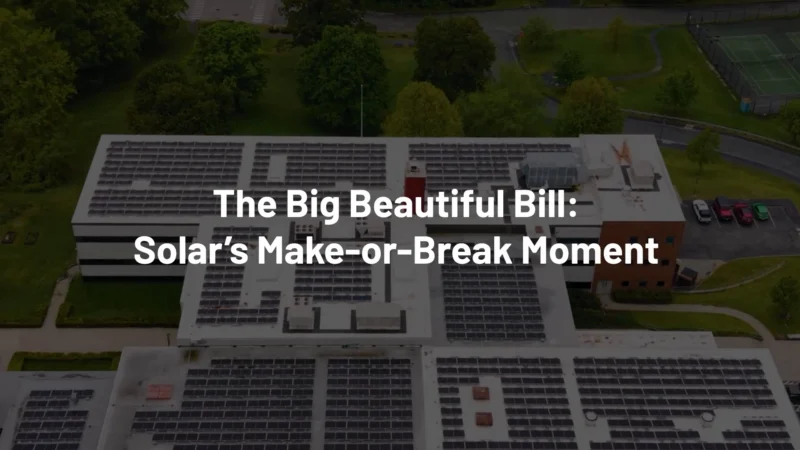Addressing the Complexities and Opportunities of the Inflation Reduction Act (IRA)
As the energy sector navigates the first year of the Inflation Reduction Act (IRA), stakeholders are grappling with evolving guidance and incentives. This pivotal legislation aims to accelerate the energy transition, but with its intricate provisions and requirements, many questions remain. Understanding the IRA’s impact is crucial for developers, investors, and policy-makers striving to leverage these opportunities while managing associated risks.
How are energy market participants adapting to the IRA’s evolving landscape, and what are the key uncertainties shaping this transition?
In the third and final segment of a special Moss Adams podcast episode with Matt Kaden, Managing Director at Moss Adams, host Michelle Dawn Mooney explored the nuances of the IRA, the challenges and opportunities it presents for the renewable energy sector, and focuses on bonus credits, wage compliance, and market trends.
Some additional key points of their discussion explored:
- Examination on how additional incentives for using U.S.-made components and developing in energy communities impact project valuations and risks.
- The complexities of ensuring compliance with labor requirements and the implications for project financing.
- How the insurance market and transferability of tax credits are evolving to address uncertainties and support smaller developers.
Matt Kaden brings over 15 years of experience advising a broad spectrum of energy market participants, including wind, solar, battery storage, geothermal, and renewable natural gas developers. As the Managing Director at Moss Adams, his insights are informed by his extensive work with investor-owned utilities, infrastructure funds, and other asset owners and investors in the renewable energy and energy transition space.
Article by Alexandra Simon.




